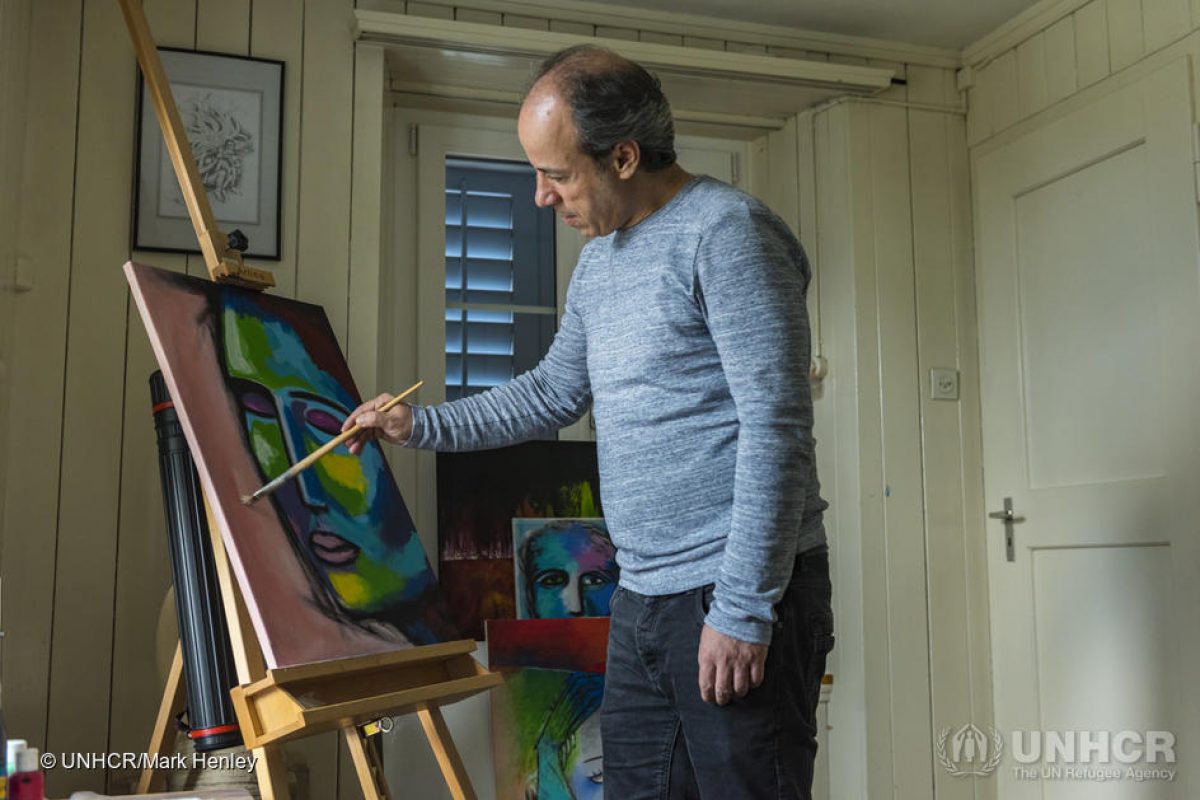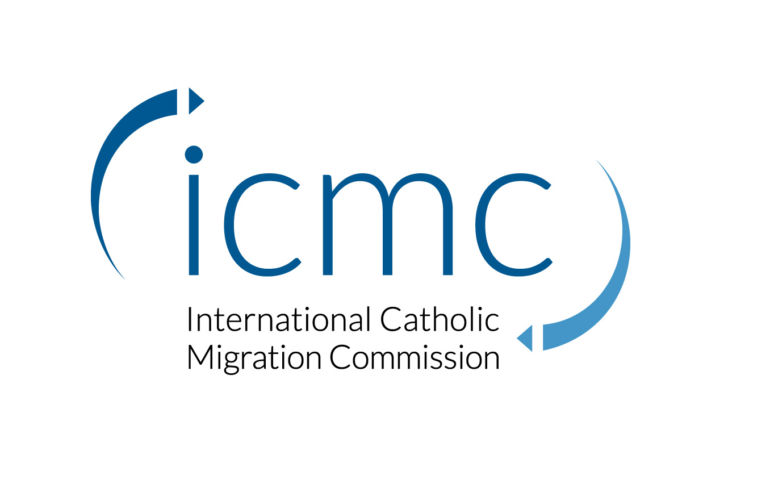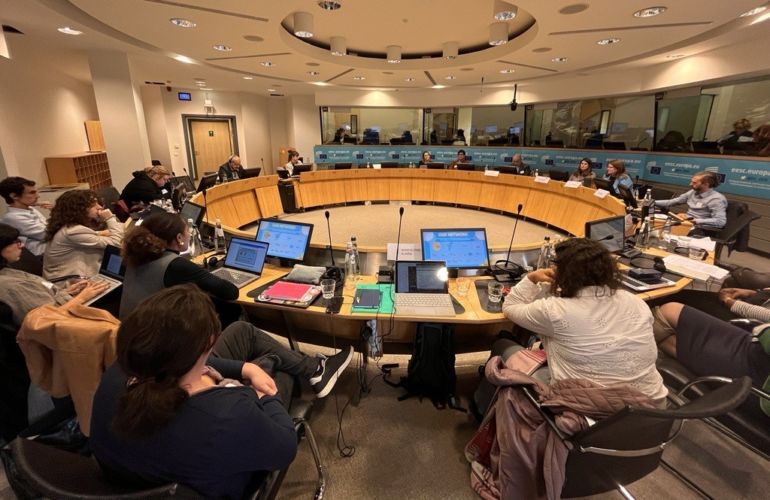Civil Society and Refugees Ready to Work With Governments to Improve Resettlement Programs

With refugee resettlement places at an all-time low, NGOs urge governments to commit to long-term resettlement goals which reflect the actual needs on the ground.
“We urge states to make long-term commitments to resettlement programs,” reads a joint civil society statement to the Annual Tripartite Consultations on Resettlement (ATCR). These commitments should preserve the “skills and expertise” required by those programs, making them “robust” in face of political uncertainties.
NGOs, governments, international organizations and refugees met on 1-3 July in Geneva for the ATCR, a platform for dialogue between resettlement actors organized each year by the UN Refugee Agency (UNHCR).
Resettlement to a third country is one of the three durable solutions for refugees to restart their lives in safety when returning to the home country or integrating in the host country are not viable options.
Currently, UNHCR estimates that 1.4 million refugees are in need of resettlement in 2019. Despite the high number of people in need, governments made available only 81,000 resettlement places, equivalent to around 6% of the needs, the NGOs statement points out.
It highlights the willingness of civil society organizations to work on expanding complementary admission pathways for refugees, though it stresses the need that “these must always be truly ‘complementary’ and in addition to places offered through resettlement.”
The NGOs underline the importance of family unity and how “looking for whole family solutions when creating complementary pathways would avoid the high human cost of separating families and subsequent family reunifications.”
The statement further highlights the importance of integration. It asserts that integration must include long-term comprehensive programs that respond to the needs of resettled refugees. Integration is “something that is done with, not to, communities, and many different actors need to work together to build welcoming villages, towns and cities,” reads the statement, echoing the work and expertise of the ICMC Europe-led SHARE Integration network.
For the first time ever, the ATCR heard a statement from the resettled refugee community itself. It urged States to increase resettlement programs and to ensure that people selected for resettlement do not have to wait for long periods of time in vulnerable situations.
This statement also particularly highlighted the importance of including refugees themselves in the discussions about resettlement, and at all levels. “We do not want to be simply a topic of conversation. […] We want to be involved as experts by experience in all stages of the resettlement process and urge each of you to work towards increasing and improving refugee participation in your programs.”
- Read the NGOs joint statement
- Read the refugee statement

